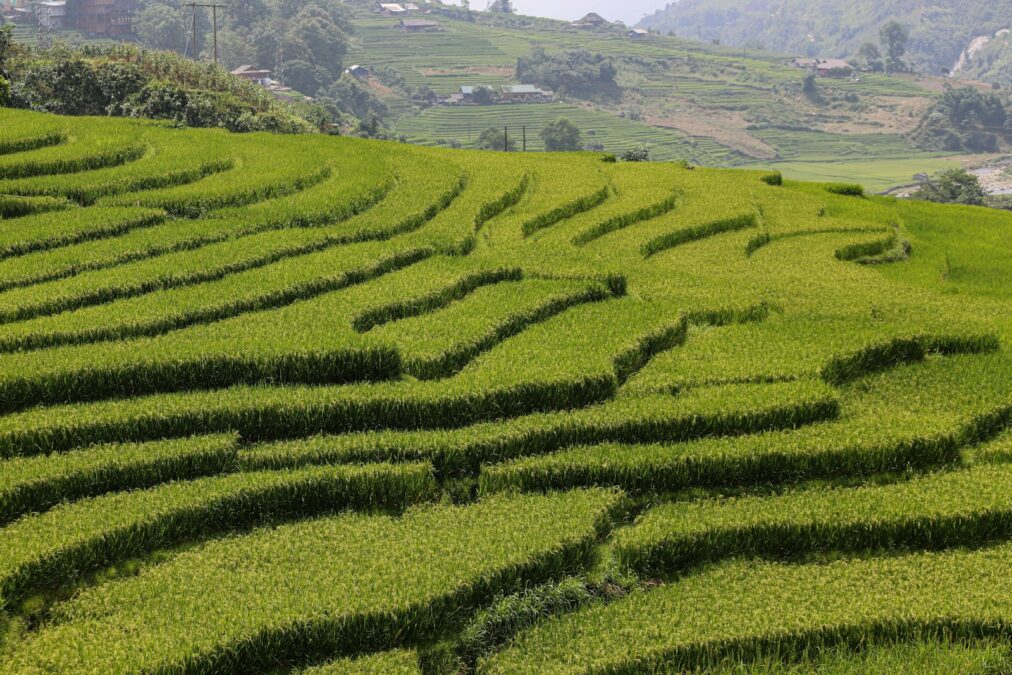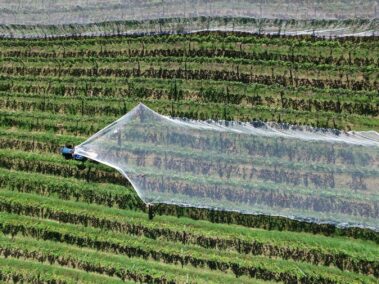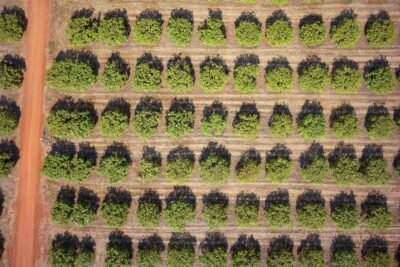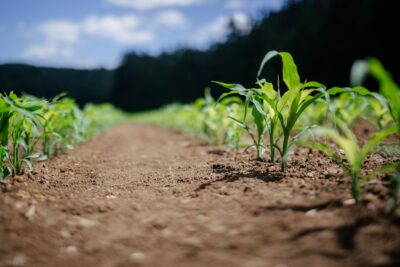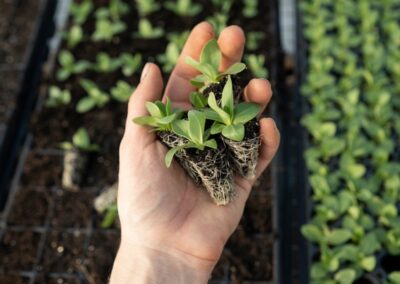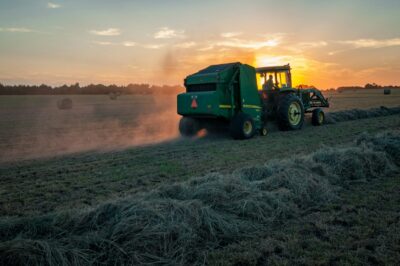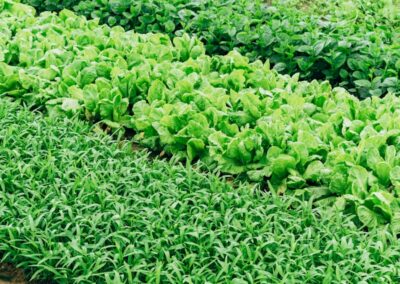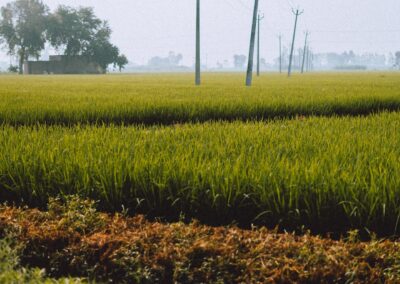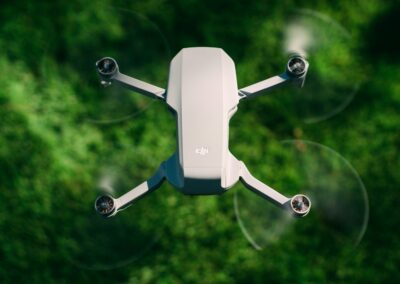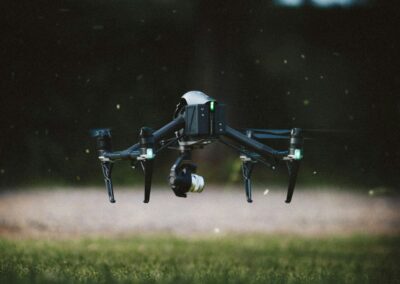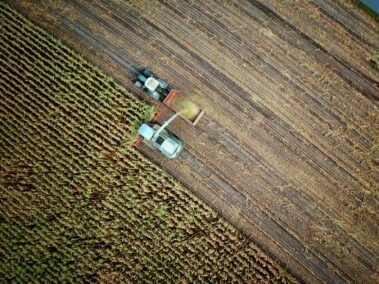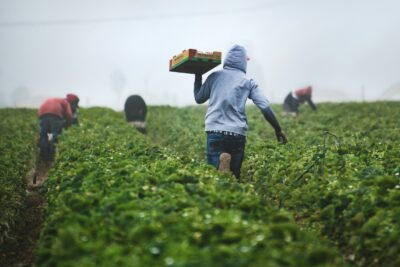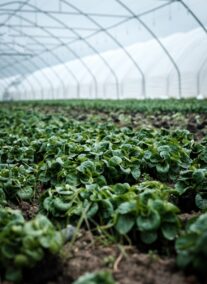The Impact of AI on Crop Yields
Artificial Intelligence (AI) is rapidly transforming the agriculture landscape in Saudi Arabia and the UAE, revolutionizing traditional farming practices and optimizing crop yields. Through the use of advanced algorithms and predictive analytics, AI-powered agricultural systems can analyze vast amounts of data, including soil composition, weather patterns, and historical crop performance, to provide farmers with actionable insights for maximizing productivity. In Riyadh and Dubai, where agriculture plays a crucial role in food security initiatives, the adoption of AI technologies has become increasingly prevalent, driving efficiency and sustainability in the sector.
One of the primary benefits of AI in agriculture is its ability to predict and prevent crop diseases and pests, thereby reducing the need for harmful pesticides and mitigating environmental impact. By leveraging machine learning algorithms, farmers can identify early signs of pest infestations or disease outbreaks and take proactive measures to address them, such as adjusting irrigation schedules or deploying targeted treatments. This not only minimizes crop losses but also promotes environmentally friendly farming practices, aligning with the sustainability goals of both Saudi Arabia and the UAE.
Transforming Farming Practices with AI
In addition to optimizing crop yields, AI is also revolutionizing farming practices in the region by enabling precision agriculture techniques. Through the use of drones, sensors, and IoT devices, farmers can collect real-time data on soil moisture levels, nutrient content, and crop health, allowing for more precise and efficient resource management. This data-driven approach to farming not only increases operational efficiency but also reduces resource wastage, making agriculture more sustainable in the long run.
Furthermore, AI-powered agricultural robots are transforming labor-intensive tasks such as planting, harvesting, and weeding, reducing the reliance on manual labor and addressing labor shortages in the sector. In Saudi Arabia and the UAE, where the agricultural workforce is dwindling due to urbanization and demographic shifts, the automation of farming processes through AI technologies is essential for ensuring food security and maintaining competitiveness in the global market. Riyadh and Dubai are at the forefront of embracing these technological advancements, driving innovation and productivity in the agricultural sector.
Challenges and Future Outlook
Despite the numerous benefits of AI in agriculture, there are still challenges that need to be addressed, including data privacy concerns, technological barriers, and the digital divide in rural areas. In Saudi Arabia and the UAE, efforts are underway to overcome these challenges through investment in infrastructure, education, and research initiatives aimed at fostering digital literacy and technological adoption in rural communities. Additionally, collaboration between government agencies, academia, and the private sector is crucial for creating an enabling environment for AI innovation in agriculture.
Looking ahead, the future of agriculture in Saudi Arabia and the UAE is undeniably intertwined with AI technologies. As the demand for food continues to rise with population growth and urbanization, the adoption of AI-driven solutions will be instrumental in ensuring food security, enhancing productivity, and mitigating environmental impact. By harnessing the power of AI, farmers in Riyadh, Dubai, and beyond can embark on a new era of sustainable and efficient agriculture, paving the way for a brighter and more prosperous future.
Maximizing Resource Efficiency
Another significant advantage of AI in agriculture is its ability to maximize resource efficiency, particularly in water usage. In arid regions like Saudi Arabia and the UAE, water scarcity poses a significant challenge to agricultural productivity. However, AI-powered irrigation systems can optimize water usage by precisely monitoring soil moisture levels and crop water requirements. By delivering the right amount of water at the right time, farmers can minimize waste and ensure that every drop is utilized efficiently. This not only conserves precious water resources but also reduces operating costs and boosts overall crop yields.
#PrecisionAgriculture #PredictiveAnalytics #SustainableFarming #FoodSecurity #SaudiArabia #UAE #Riyadh #Dubai #AIAgriculture

